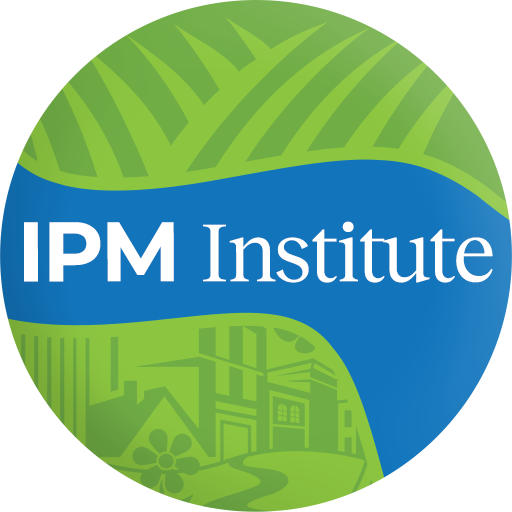Food companies and ag retailers now have a valuable new resource to help them navigate the universe of regenerative agriculture, in our new white paper called Regenerative Agriculture Benefits, Barriers and Call to Action. Successful regenerative farmers, innovative food companies including General Mills and Applegate, and pioneering ag retailers share their thoughts and experiences in this white paper on existing knowledge, information gaps and options to effectively pursue marketplace opportunities.
Scientists are increasingly demonstrating that agriculture sits at the nexus of today’s most pressing challenges: climate change, food security and nutrition, water and soil quality, biodiversity and sustainable livelihoods. While regenerative agriculture draws from millennia of traditional and indigenous agricultural practices from around the world, it is gaining momentum as a potential solution to many of these challenges. Regenerative agriculture is commonly described as a practice of farming or ranching, based on ecological principles, that builds soil health and recaptures carbon emissions from the atmosphere while addressing the entire ecosystem in which a farm operates.
Although an increasing number of farmers are pioneering promising paths forward, the adoption of the core principles of regenerative agriculture has largely been piecemeal, with very few elements widely adopted, and a very limited number of farms in just a few cropping systems adopting the approach in whole.
The white paper, written by IPM Institute’s Sustainable Food Group and Partnership for Ag Resource Management, explores how adoption can be accelerated, and captures key current knowledge, experiences and initiatives, with a special focus on the role of farmers buy-and-supply side support – companies with agricultural supply chains and ag retailers. The publication provide information, tools and resources to professionals working in those fields.
KEY FINDINGS
- Regenerative agriculture requires a paradigm shift from a focus on yield and stand-alone practices, to a focus on profits and holistic farm management.
Established theory and supporting data from farms employing regenerative agriculture approaches suggests strong potential to boost farmer profits. While yield may initially decline, profits are boosted by reduced input costs, and diversifying and adding value to farm products. Indirect cost savings are gained through drought resistance, improved soil health and natural nutrient cycling, increased species abundance and diversity, better air and water quality, carbon sequestration, and buffering of climate change and weather extremes. - Acknowledging and addressing key information gaps are needed to lower barriers to transition. While data from pioneering farms looks promising, many still consider the farmer business case for regenerative agriculture to be incomplete. Investment is needed from all agents in the agricultural value chain in research and development of tools and methods to measure and report economic and ecosystem outcomes. Additional information gaps include lack of clarity of a definition, consensus standards and the business case for ag retailers supplying pesticide and nutrient inputs to farmers.
- Due to the context-specific and ever-evolving nature of regenerative agriculture, an outcome-based approach is desirable. A lack of consensus around a single definition of regenerative agriculture is entirely appropriate given the rapid evolution of approaches to execute the concept, as well as the desirability of site-specific adaptation. No farm is the same – climate, soil types, topography, proximity to sensitive ecological features, availability of inputs, markets, crop prices, labor supply and other factors inform regenerative ag systems for individual farms. Focusing on outcomes such as farmer income, soil health and resilience in the face of unpredictable weather, rather than a rigid framework, can provide flexibility to farmers to choose practices and manage adaptively to improve outcomes.
- For companies in the agricultural value chain, offering holistic support to farmers will be key to ensure the greatest chance of long-term success. A holistic surround of technical, financial, social and cultural support can facilitate successful transition to regenerative agriculture, encourage new farmers to initiate transition and build critical mass across a broad range of cropping systems. Companies in the agricultural value chain can provide:
- Technical support including expert input on farm reduces risk;
- Financial support that can help overcome start-up costs and recognize the value-added long term;
- Social support including building local infrastructure and learning hubs for farmers and their suppliers and advisors; and
- Cultural support to grow buyer and consumer awareness and demand.
ABOUT US
IPM Institute of North America is non-profit formed to focus on improving sustainability in agriculture and throughout communities. For over 20 years we have been working with food companies, growers, schools, NGOs and many others on a wide range of projects focused on reducing pesticide use, meaningfully addressing pesticide risks, pollinator health, supply chain transparency, developing eco-labels and more.
Sustainable Food Group is our team that works with food and agriculture companies to drive progress in sustainable agriculture. Our current partners include Sysco, General Mills, Walmart, Frontier Co-op, the Potato Sustainability Alliance and Honeybear Brands.
The Partnership for Ag Resource Management is our team that works with ag retailers to improve management of our key soil, nutrient and crop-protection resources by keeping them on our cropland and out of our streams, rivers and lakes.
REGENERATIVE AGRICULTURE
Our aim is to accelerate the widespread adoption of regenerative agriculture and drive systems change. We can help organizations develop practical strategies to successfully implement regenerative agriculture in their supply chain. For more information, contact us!


